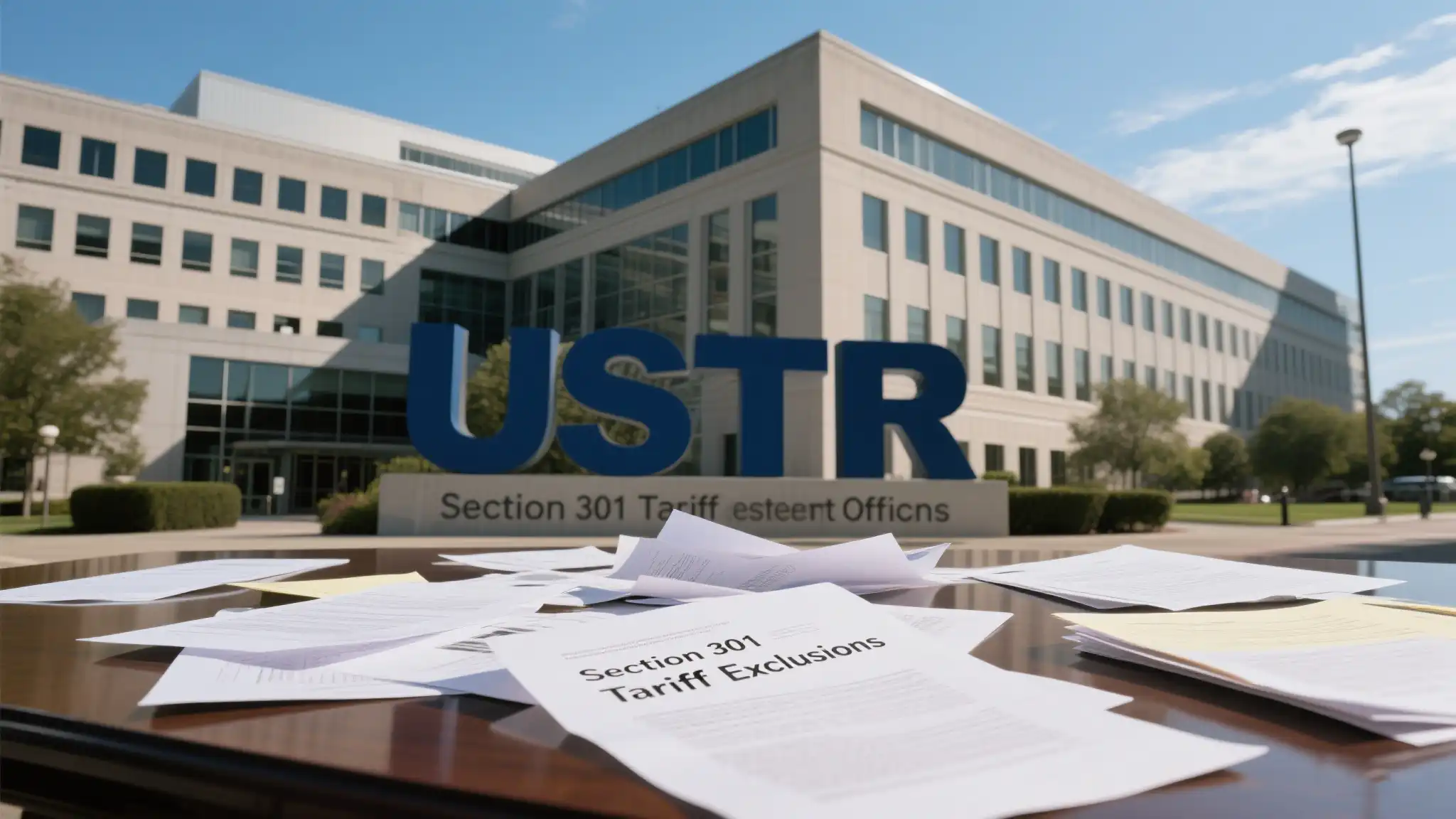
On May 31, local time, the Office of the United States Trade Representative (USTR) announced the extension of the exclusion period in the Section 301 investigation regarding China's acts, policies, and practices related to technology transfer, intellectual property, and innovation. The exclusions, which were originally set to expire on May 31, 2025, have now been extended until August 31, 2025.
This decision comes after a continuous evaluation of public comments received in response to the notice issued on December 29, 2023, as well as the submissions during the four-year review process. The USTR determined that it is appropriate to extend the 164 exclusions extended in May 2024 and the 14 new exclusions added in September 2024 for an additional three months. The decision takes into account previous public feedback, the recommendations of relevant advisory committees, and the opinions of the inter-agency committee on Section 301.
The Section 301 investigation, named after Section 301 of the U.S. Trade Act of 1974, allows the U.S. to unilaterally take actions against what it deems as "unfair" trade practices of other countries. The USTR is the main authority in charge of the Section 301 investigation, with comprehensive powers including the right to initiate investigations on its own, accept investigation applications, conduct investigations, make confirmations, engage in bilateral and multilateral consultations, propose and decide on measures, implement measures, and exercise supervision.
Back in 2018 and 2019, the USTR introduced the Section 301 exclusion process along with four tranches of Section 301 tariffs. This process enabled companies to apply for certain products to be excluded from the tariffs under specific conditions, such as if the product was only available from China and if the tariffs would cause severe economic harm. A total of 549 exclusions were gradually expired by 2021 after several extensions (except for some COVID-related ones that were moved to a separate exclusion list). Later, 352 of these expired exclusions were retroactively reinstated, effective from October 12, 2021.
The World Trade Organization has long ruled that the Section 301 tariffs violate WTO rules. The U.S.' Section 301 tariff measures are typical unilateral and protectionist practices. They not only seriously disrupt the international trade order and the security and stability of the global industrial chain and supply chain but also fail to solve the U.S.' own trade deficit and industrial competitiveness issues. Moreover, these measures have pushed up the prices of imported goods in the U.S., and ultimately, the costs are borne by U.S. businesses and consumers.
It remains to be seen how this extension will impact the trade relationship between the United States and China. As the trade situation continues to evolve, stakeholders on both sides will closely monitor further developments.
Loongwa Online Store: No Capes, Just Happy Carts & Real Smiles!